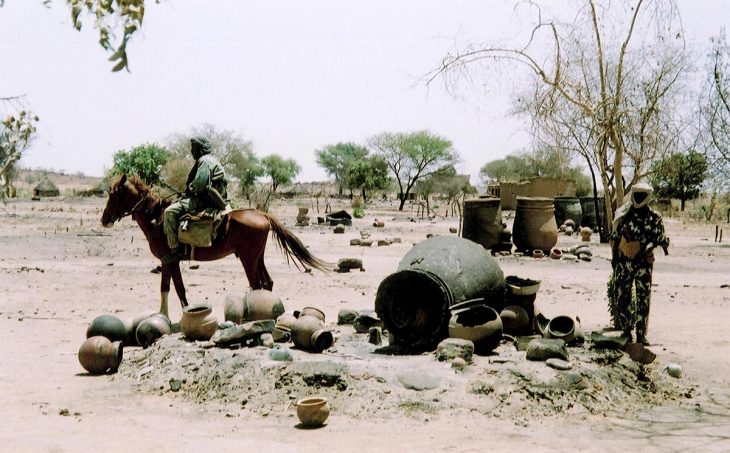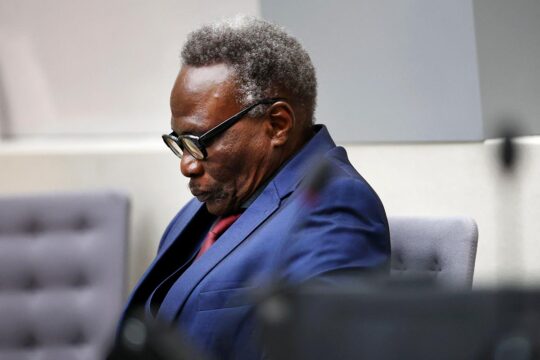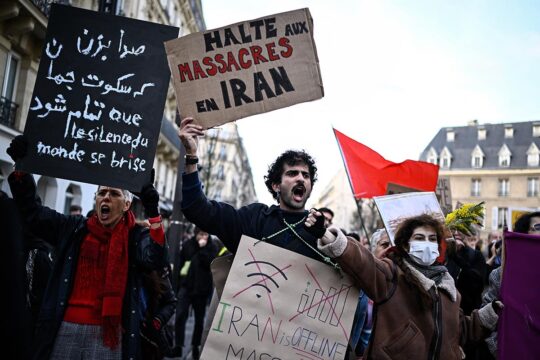To listen to the podcast, click on the "play" button below:
A big trial has started at the International Criminal Court – the first trial about atrocities in Darfur, nearly 20 years that region became an infamous byword for human rights abuses. The then Sudanese authorities mobilised mostly Arab militias, known as the Janjaweed, to crush a mostly non-Arab rebellion and many called it a genocide.
The Darfur situation was referred to the court by the UN Security Council and the new prosecutor Karim Khan has said that he is prioritising cases that come to The Hague that way.
The accused is a suspected former Janjaweed militia leader, Ali Muhammad Ali Abd-Al-Rahman, who faces 31 counts of war crimes and crimes against humanity, including persecution, murder, rape and torture.
The International Federation for Human Rights FIDH brought Sudanese activists to attend the opening of the trial. Human rights lawyer Mossaad Mohamed Ali of the African Centre for Justice and Peace Studies and Ahmed al Zubair from Sudan Human Rights Monitor provided insights into the expectations of survivors. Emma DiNapoli from the NGO Redress joined us to explain the background and what she saw in court.
 ASYMMETRICAL HAIRCUTS
ASYMMETRICAL HAIRCUTS
This podcast has been published as part of a partnership between JusticeInfo.net and Asymmetrical Haircuts, a podcast on international justice produced from The Hague by journalists Janet Anderson and Stephanie van den Berg, who retain full control and independence over the contents of the podcast.






